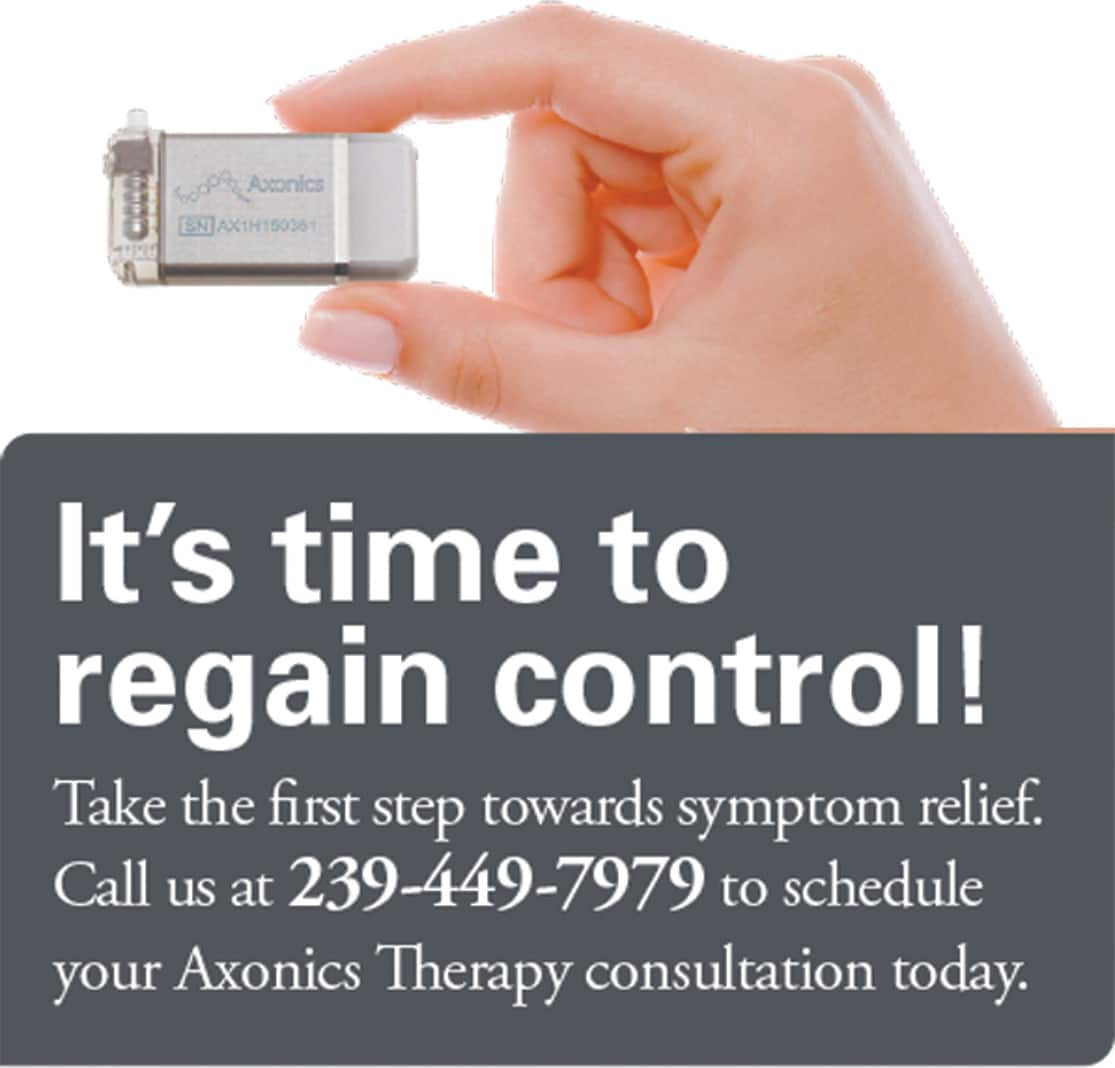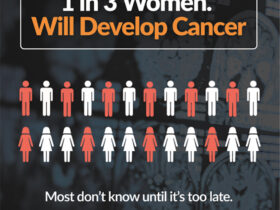MEDICAL PRACTICE OF PAUL TRITEL, MD
 The rise in membership inquiries that we have received in the past few weeks is a testament to the demand for concierge medicine. It’s increasing steadily. Lack of access to quality healthcare has become even more of a concern as people critically assess their exposure to COVID during the peak of the pandemic. While the market for concierge medicine grows in popularity, it’s important to understand how unlike a commodity this service really is – determine whether it’s right for you – and then how to go about finding the best physician for your needs. Not all concierge practices are created equal.
The rise in membership inquiries that we have received in the past few weeks is a testament to the demand for concierge medicine. It’s increasing steadily. Lack of access to quality healthcare has become even more of a concern as people critically assess their exposure to COVID during the peak of the pandemic. While the market for concierge medicine grows in popularity, it’s important to understand how unlike a commodity this service really is – determine whether it’s right for you – and then how to go about finding the best physician for your needs. Not all concierge practices are created equal.
The benefits of having a concierge physician are many, and most people that have one will retain them for life. Price and value are very different metrics, and as you age, you understand more clearly that health is wealth. Ask yourself: how important is my healthcare to me? Then ask yourself: what would it be like if my doctor were not only there for me 24/7, but also acted as my advocate in the oft strained interactions between specialists, hospitals, pharmacies and insurance companies?
With concierge medicine, getting an appointment is easy. That appointment is usually an hour (if you need it). It could also be 5 minutes if that’s all you need. The emphasis is on YOUR needs.
You should have 24-hour access to your doctor when needed. Your doctor’s staff should be able to help coordinate your care every step of the way. Going to your appointment should be a pleasurable experience that you actually look forward to because you will be heard and comprehensively assessed. Early diagnosis and treatment are cornerstones of quality medical care. These typically do not occur with traditional medical care – and you know this because we’ve all been in a 7-minute doctor’s appointment. It’s undignified.
There are many different models of concierge medicine. In order to find the practice that best suits your needs, think about what your expectations are and what you really want from your doctor. You have needs, and you deserve to have those needs met. You already know whose needs come first in a traditional medical practice – the doctor’s. The business model is: In-and-out as quickly as possible, and treat only the ailment for which that particular doctor is aware of on that particular day.
Improved access is just the beginning.
Size also matters.
What is the size of the concierge doctor’s panel? Concierge practices should have a “cap” on the number of patients that each doctor has. Practices with small patient panels allow for increased access to care. Our concierge practice has a cap of 300 patients, whereas some practices may have in excess of 1000. If a practice hesitates telling you their cap – that’s a huge red flag.
What is the quality of care you will be receiving? Researching a doctor’s training, level of experience, and reviews may provide some insight. Recommendations from family and friends have some merit, but it is important to do your own research. Studying their website will provide you basic information such as if they are a member of a group practice, franchise model, or solo practice.
Just as important as having a qualified doctor, it is imperative that you like your doctor. You should have the ability to meet and speak to the doctor directly. Whether it be by teleconference or in person, ask yourself if you see them as someone that you want to spend time and build a personal relationship with. I pride myself on having open, honest relationships with all my patients. It is absolutely critical for providing the highest level of care.
Who does your doctor work for? Whether directly or indirectly, most doctors receive their compensation from Medicare and insurance companies. Our medical practice is opted out of Medicare and insurance companies. The only compensation that we receive is from our patients. This allows us to focus completely on our patients’ needs. In this model, you will still use your health insurance for everything except your membership fees. There are benefits and drawbacks to every
model, but at the end of the day, you want no conflicts of interest, and our patients intuit this almost immediately after joining our practice. Most describe it as a “breath of fresh air”, as Americans have become accustomed to the traditional, flawed model of healthcare in this country.
You should ask your doctor if they bill Medicare or your insurance company in addition to their membership fees. Ask if will you be charged additional fees for your appointments. You should also ask if there are any other fees that you may incur. Ask if your membership has any additional perks such as blood draws in the office so you can avoid going to other labs.
Most all concierge practices have some sort of written membership agreement. I would ask about the details of that agreement – and actually read it and ask questions before you sign. How much is the annual membership fee and does it have to be paid up front? Ask if you have the ability to opt out of the agreement if circumstances change? Are any of the membership fees refundable if you want to leave the medical practice? Protect yourself!
Unfortunately, having health insurance is not the same thing as getting health care. If your health is important to you, then you should consider joining a concierge medical practice. At TCM, we’ve found that concierge service is just as valuable to young people with kids and busy schedules, as it is to retired people with delicate and complex medical histories. I’ve heard from friends, family and acquaintances that they “don’t need it yet” – and that certainly could be the case. But like almost every medical event, illness or injury, you really never know when you will. But if you have a quality concierge physician, you get what you need when you need it, and know that your needs are being met by a true advocate that you can trust – and is a mere phone call away.
Tritel Concierge Medicine
6846 International Center Blvd, Suite A
Fort Myers, FL 33912
239-244-9670
www.tritelcm.com









